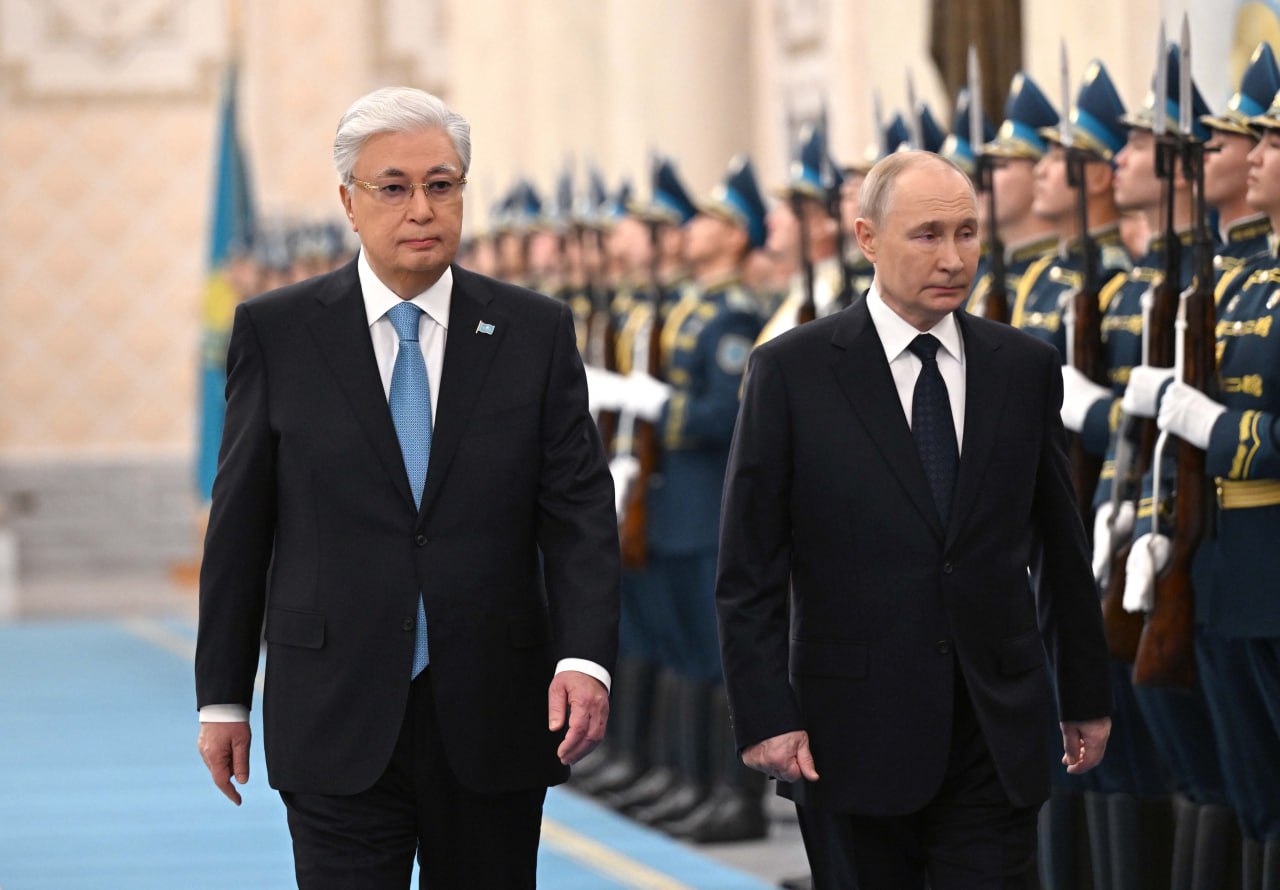Vladimir Putin's recent visit to Astana and the CSTO summit left a significant impression on the political landscape of Central Asia, with Uzbekistan being no exception.

Local media primarily focused on the Russian president's announcement regarding plans to continue increasing gas supplies to Uzbekistan. This statement did not provoke any objections, despite the fact that two years ago, some "analysts" warned of potential loss of independence in this context or quietly advised opting for Turkmenistan's "blue fuel," suggesting it was a safer choice.
Today, with Gazprom's supplies to the republic having risen to 5.1 billion cubic meters, comparable to Hungary, all doubts and discussions on the matter have faded. The gas union previously proposed by Moscow has materialized, benefiting all parties involved. Furthermore, Moscow's latest projections extend to 11 billion cubic meters, indicating a long-term commitment in this crucial sector and reflecting the reliability of the Uzbek partner.
However, other aspects of the significant meeting in Astana did not go unnoticed by Tashkent.
For the first time, the thought emerged in the Kazakh capital that the CSTO is now viewed as a security structure for all of Eurasia. It is evident that building a defense without Uzbekistan and Turkmenistan is impossible due to the considerable "gap" in geography.
The south continues to be a weak point, a vast void. It is no coincidence that the CSTO is repeatedly strengthening the Tajik-Afghan border, where NATO units had freely roamed for nearly 20 years under the guise of fighting the Taliban.
Terrorism remains a persistent threat, as official Tashkent was reminded just days ago with the murder of a rabbi in the UAE by three Uzbek extremists and a new attack by the resurgent ISIS in Syria, where individuals from the republic were also involved.
«A significant advantage of the CSTO is that it is a non-aligned union, — argues Vladimir Berezovsky from the Caspian-Eurasia Center for International and Socio-Political Studies. — It is not NATO, which always targets its invented "enemies," aiming to overthrow regimes undesirable to the West. Here, everything is the opposite, as demonstrated by the events of 2022 in Kazakhstan, and as the sensitive yet overreaching Yerevan has realized. The CSTO is a defense of one's own, rooted in a shared history, bound by faith and the memory of ancestors. And Tashkent cannot fail to understand this.
Moreover, dark clouds are gathering on the horizon.
In Astana, Putin elaborated on both the "Nutcracker" and his vision regarding the turmoil in Ukraine. Naturally, his words were not meant only for the press; they were likely analyzed in Tashkent's think tanks with great scrutiny. The escalation of the global conflict is only intensifying, with threats directed at BRICS now being voiced by a returning Trump, concerned about the fate of the dollar, while Scholz is also becoming uneasy, and Japan has begun discussing an Asian NATO.
It is clear that the critical hour is rapidly approaching. The question remains open: where will Uzbekistan stand at that time?
It is evident that Tashkent is focusing on the economy—boosting supplies of vegetables and fruits, textiles to Russia, diversifying labor migration, constructing roads and trade zones at borders with its Central Asian neighbors, and strengthening the bridge across the Caspian Sea with Azerbaijan and Turkey. However, all this does not resolve the main issue—who are we with?
There is no doubt that, following Kazakhstan, Tashkent will be offered the status of a BRICS partner. What will the response be? There is currently no clear vision...
It is encouraging that Uzbekistan has ratified the long-awaited agreement promoting the Russian language in the CIS countries, actively participates in the EAEU and SCO platforms, energetically prepares for the 80th anniversary of Victory, and supports the fight against neo-Nazism within the UN walls. This once again indicates that Uzbek society remains true to its traditions and historical experience, unwilling to become a victim of "democratic freedoms," as occurred during the fiery events of 2005 in Andijan.
This is something to listen to; this is our choice.